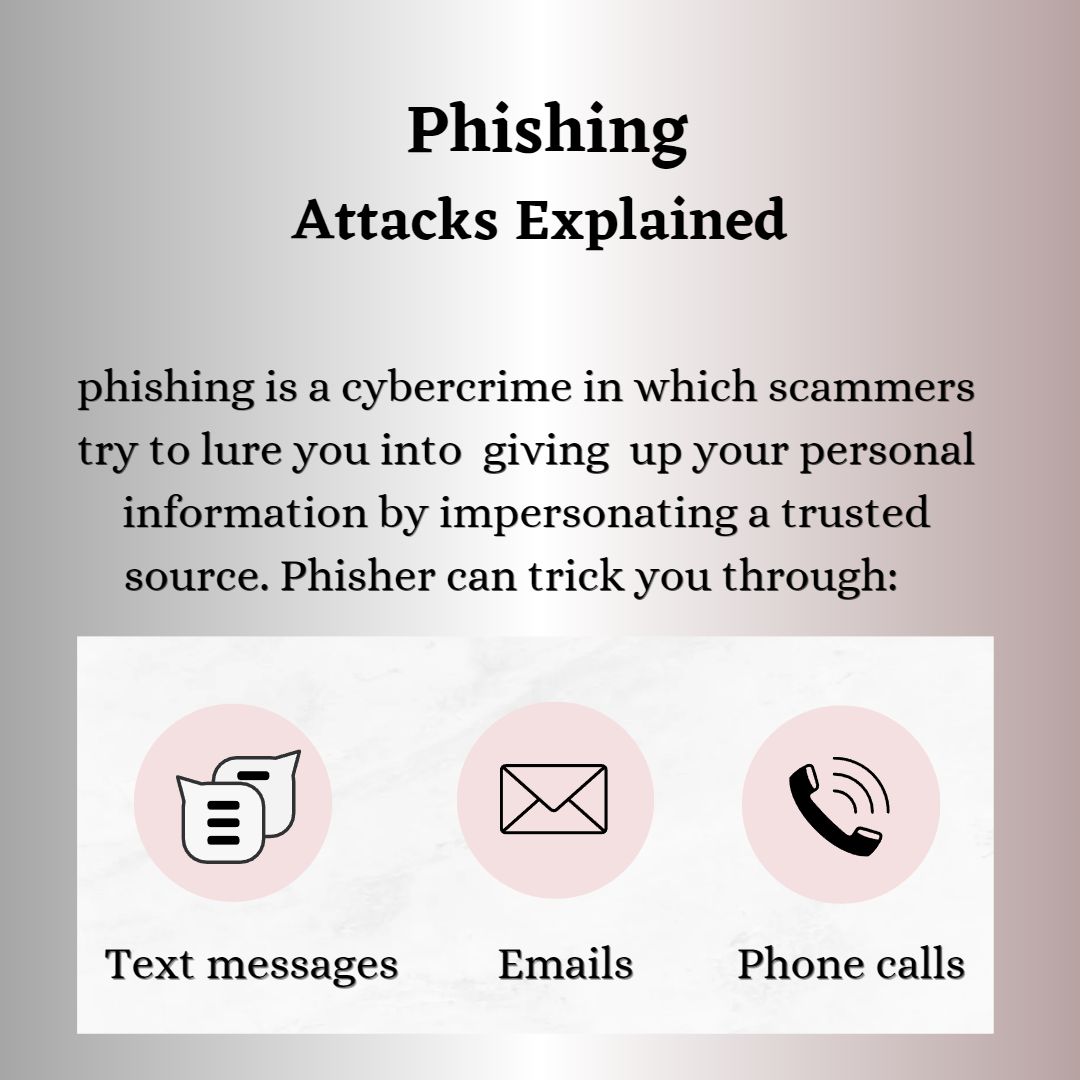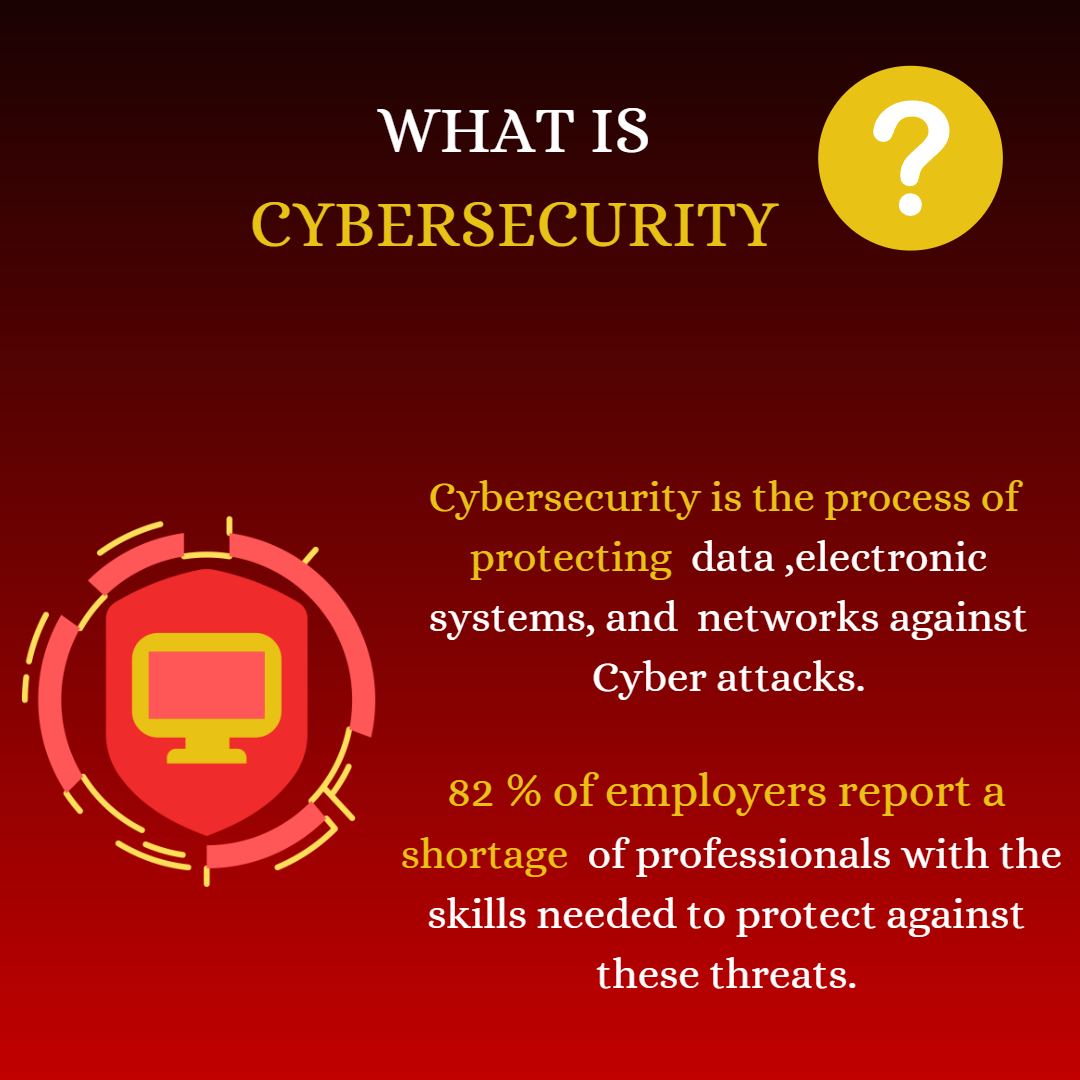What is WhatsApp Hacking?
WhatsApp, one of the most popular messaging platforms globally, offers users end-to-end encryption, making conversations secure between participants. However, like any technology, it’s not immune to hacking attempts. While WhatsApp itself has strong security protocols, hackers may still find ways to compromise user accounts. Understanding these methods, their implications, and how to prevent such attacks is essential for users to safeguard their privacy.
One of the most common and effective tactics used by hackers is social engineering. Social engineering refers to the manipulation of individuals into divulging personal information or taking actions that lead to security breaches. In the context of WhatsApp, hackers often pose as official representatives or trusted contacts to trick users into revealing sensitive information, such as their six-digit verification code. Once the hacker has the verification code, they can gain unauthorized access to the account. Users must remain vigilant and never share such codes with anyone, even if the request seems legitimate.
Common Methods of WhatsApp Hacking
Social Engineering
- Attackers trick users into revealing sensitive information, such as verification codes. For example, they might pretend to be a WhatsApp representative and ask for the 6-digit verification code sent to the user’s phone.
SIM Swap Attack
- Hackers can convince the victim’s mobile carrier to transfer their phone number to a new SIM card. Once the hacker has control of the victim’s phone number, they can use it to receive WhatsApp verification codes, granting them access to the account.
Spyware and Malware
- Some spyware apps can be installed on a victim’s phone (often requiring physical access to the device), allowing the hacker to intercept messages, calls, and other personal data.
WhatsApp Web Exploitation
- If a user remains logged into WhatsApp Web, an attacker can gain access by using the active session without the user realizing it. This requires the hacker to scan a QR code from the victim’s phone.
Data Breaches and Password Leaks
- Hackers can exploit reused passwords or weak account security. Though WhatsApp uses end-to-end encryption, if an attacker gains access to an associated email account or a connected device, they can manipulate settings and gain access to the app.

Another significant threat to WhatsApp users is the SIM swap attack. This occurs when a hacker convinces the victim’s mobile carrier to transfer the victim’s phone number to a SIM card they control. With access to the victim’s phone number, the hacker can receive WhatsApp verification codes and log into the account. SIM swap attacks not only compromise WhatsApp accounts but also expose other apps and services linked to the phone number. To combat this, users should add PIN protection or multi-factor authentication to their telecom accounts to prevent unauthorized SIM swaps.
SIM Swap Attacks
What is a SIM Swap Attack?
A SIM swap attack occurs when a hacker convinces a mobile carrier to transfer the victim’s phone number to a SIM card controlled by the attacker. Once the transfer is successful, the hacker can receive calls, texts, and, most importantly, two-factor authentication (2FA) codes sent to the victim’s phone number. This allows the attacker to gain access to accounts like WhatsApp, banking apps, and email.How Hackers Carry Out SIM Swaps
Hackers usually start by collecting personal information about the victim through phishing, data breaches, or social engineering. They then contact the victim’s mobile carrier, pretending to be the victim, and request a SIM transfer to a new device. Once the carrier authorizes the swap, the hacker gains control of the victim’s phone number, allowing them to bypass SMS-based authentication systems.Impact on WhatsApp and Other Accounts
With control of the victim’s phone number, hackers can easily receive verification codes sent by WhatsApp or other services. They can then log into the victim’s accounts, impersonate them, access private conversations, or steal sensitive data. This can lead to identity theft, financial loss, or even reputational damage if the attacker uses the account to send malicious messages.Why It’s Hard to Detect
SIM swap attacks are difficult to detect until it’s too late. Victims typically realize what has happened only after their phone loses network service or when they start receiving notifications about account logins from unfamiliar devices. By then, the attacker may already have compromised multiple accounts.Protecting Yourself from SIM Swap Attacks
One of the best ways to protect against SIM swap attacks is to use two-factor authentication (2FA) that doesn’t rely on SMS, such as app-based authentication or physical security keys. In addition, users should contact their mobile carrier to enable extra security measures like PIN codes or security questions to prevent unauthorized SIM transfers.The Role of Cybersecurity Consultancies
To further protect against SIM swap and other cyber threats, businesses and individuals can seek assistance from cybersecurity consultancies like Pankh Cybersecurity Consultancy. These companies provide services such as threat assessments, security audits, and advice on implementing robust security measures to safeguard against sophisticated attacks like SIM swapping.Legal and Financial Ramifications
SIM swap attacks can result in serious legal and financial consequences for victims. If a hacker gains access to banking apps or crypto wallets, they can quickly deplete accounts. Victims may also face challenges in proving their identity or recovering stolen funds. Pankh Cybersecurity Consultancy can help businesses assess the potential financial impact of cyber threats and implement strategies to mitigate risks.Why Companies Should Take Precautions
For companies, preventing SIM swap attacks is critical to protecting customer data. Cybersecurity firms like Pankh Cybersecurity Consultancy can help organizations implement stronger authentication methods, educate employees and customers about risks, and develop incident response plans to address breaches quickly and effectively.
Spyware and Malware on Smartphones
Hackers may also use spyware and malware to monitor WhatsApp communications. Spyware is often installed on a victim’s phone through phishing attacks, malicious apps, or physical access to the device. Once installed, the spyware can track messages, calls, and other data from the victim’s phone, allowing the hacker to intercept WhatsApp conversations. Some sophisticated spyware, such as Pegasus, has even been used to target high-profile individuals. To prevent malware infections, users should only download apps from trusted sources, avoid suspicious links, and keep their devices’ operating systems and apps updated.
Spyware and malware are serious threats to smartphone users, as they can be used to gain unauthorized access to sensitive data, including messages, call logs, location, and even financial information. These malicious programs are often installed without the user’s knowledge and can operate in the background, making it difficult to detect their presence. Given the increasing reliance on smartphones for personal and professional communication, the risk posed by such threats continues to grow.
How Spyware and Malware Work
Spyware is a type of software that monitors and collects information from a user’s device without their consent. Once installed, it can track everything from keystrokes to GPS location, and in some cases, even record conversations or take screenshots. Malware, on the other hand, is more destructive. It can corrupt files, steal credentials, and spread across networks to infect other devices. Attackers may use phishing schemes, malicious apps, or physical access to install these programs.
Methods of Installation
Spyware and malware can be installed in various ways. One common method is through phishing attacks, where hackers send deceptive links via email or text messages that trick users into downloading harmful software. Another method involves downloading apps from untrusted sources. Even legitimate-looking apps can contain hidden spyware or malware if they’re from unofficial app stores. In some cases, hackers gain physical access to a device and install malicious programs directly. It is essential to be cautious about app downloads and messages from unknown sources.
Potential Impact on Users
Once spyware or malware is installed on a smartphone, it can lead to severe consequences. For instance, attackers can use spyware to intercept private conversations on platforms like WhatsApp, view sensitive information such as bank account details, or steal login credentials for other services. Malware, especially more destructive types like ransomware, can encrypt files on the device, effectively holding the data hostage until a ransom is paid. The overall impact can range from privacy violations to significant financial loss.
How to Protect Against Spyware and Malware
To protect against these threats, users should take several precautions. First, they should ensure that all apps are downloaded from trusted sources such as the Google Play Store or Apple’s App Store. It’s also essential to regularly update the device’s operating system and apps, as these updates often contain security patches that protect against new threats. Anti-malware software designed for smartphones can provide an additional layer of protection by scanning for and removing malicious programs. For organizations and individuals concerned about cybersecurity, firms like Pankh Cybersecurity Consultancy offer specialized services to detect and mitigate these types of attacks.
Detecting and Removing Spyware and Malware
Detecting spyware and malware can be challenging because these programs are designed to remain hidden. Signs that a smartphone may be infected include unexplained battery drain, slow performance, and unexpected pop-ups. Users can manually review the apps installed on their phones to look for anything suspicious. However, for more advanced detection, consulting a cybersecurity expert such as Pankh Cybersecurity Consultancy can be a wise step. They can perform in-depth analyses of devices to identify and remove any malware or spyware that may have bypassed traditional defenses.
The Role of Cybersecurity Consultancies
For businesses and high-profile individuals, the consequences of spyware or malware can be particularly damaging. Sensitive corporate data, intellectual property, or personal details can be compromised, leading to long-term financial and reputational harm. Companies like Pankh Cybersecurity Consultancy provide services that include security audits, device monitoring, and incident response planning. They help ensure that devices are protected, threats are identified early, and incidents are managed effectively to minimize damage.
By taking proactive measures and consulting with experts like Pankh Cybersecurity Consultancy, both individuals and organizations can better protect their smartphones from the growing threat of spyware and malware, ensuring their data remains secure in an increasingly digital world.
WhatsApp, with its over 2 billion users globally, is a prime target for cybercriminals looking to exploit vulnerabilities or user behavior to gain unauthorized access to accounts. Although WhatsApp uses end-to-end encryption to protect the contents of messages from third-party interception, hackers often bypass this encryption by targeting user accounts through other methods. These attacks can lead to serious consequences, including privacy violations, identity theft, and financial loss.

Common Techniques for WhatsApp Hacking
Social Engineering: One of the most common methods of hacking WhatsApp involves social engineering, where hackers trick users into revealing their six-digit verification code. This code is necessary to log into WhatsApp on a new device. Once a hacker gains access, they can take control of the account, impersonate the user, and view personal conversations.
SIM Swap Attacks: Another frequent technique is the SIM swap attack, where hackers trick a mobile service provider into transferring the victim’s phone number to a SIM card in the hacker’s possession. This allows the hacker to receive the verification codes needed to access WhatsApp and other accounts tied to the phone number.
Spyware and Malware: Hackers also use spyware and malware to infiltrate smartphones and access WhatsApp data. These malicious programs can monitor messages, track keystrokes, or even record conversations, giving the hacker full visibility into the victim’s communications.
WhatsApp Web Exploits: Attackers may also exploit the WhatsApp Web feature, which allows users to access their messages on a computer. If a hacker gains temporary access to a victim’s phone, they can log into WhatsApp Web and remain connected, enabling them to monitor conversations remotely.
Consequences of WhatsApp Hacking
The consequences of WhatsApp hacking can be severe. Once hackers gain control of an account, they can access personal messages, photos, videos, and even sensitive information like financial data. In addition to privacy violations, hackers can impersonate the victim, sending messages to contacts and potentially causing reputational damage or spreading malware to others.
The Role of Cybersecurity Consultancies
For businesses and high-profile individuals, the consequences of spyware or malware can be particularly damaging. Sensitive corporate data, intellectual property, or personal details can be compromised, leading to long-term financial and reputational harm. Companies like Pankh Cybersecurity Consultancy provide services that include security audits, device monitoring, and incident response planning. They help ensure that devices are protected, threats are identified early, and incidents are managed effectively to minimize damage.
By taking proactive measures and consulting with experts like Pankh Cybersecurity Consultancy, both individuals and organizations can better protect their smartphones from the growing threat of spyware and malware, ensuring their data remains secure in an increasingly digital world.
Prevention Tips Against WhatsApp Hacking
Enable Two-Step Verification
WhatsApp offers a two-step verification feature that adds an extra layer of security. By enabling this, users must enter a six-digit PIN in addition to the SMS verification code when logging into their account. This prevents unauthorized access even if a hacker obtains the SMS code.Beware of Phishing Scams
Phishing is one of the most common methods hackers use to steal login credentials. Be cautious of messages or emails asking for personal information or verification codes. Never share your six-digit WhatsApp verification code with anyone, even if the request appears to come from a legitimate source.Avoid Public Wi-Fi Networks
Public Wi-Fi can be vulnerable to man-in-the-middle (MITM) attacks, where hackers intercept data being transmitted between your device and the network. Avoid using public Wi-Fi for logging into WhatsApp or other sensitive accounts, and if necessary, use a VPN to secure your connection.Regularly Check Active Sessions on WhatsApp Web
WhatsApp Web allows users to access messages on a computer. Hackers who gain temporary access to your phone can log in without your knowledge. Regularly check the “Linked Devices” section in your WhatsApp settings to monitor active sessions and log out of any unfamiliar devices.Keep Your Phone and Apps Updated
Regularly update your phone’s operating system and apps, including WhatsApp. These updates often contain critical security patches that protect against newly discovered vulnerabilities.Download Apps from Trusted Sources
Avoid downloading apps from unverified or unofficial sources, as they can contain malware or spyware designed to track your activities or steal personal information. Stick to trusted app stores like Google Play Store and Apple’s App Store.Use Strong and Unique Passwords
Make sure to use strong, unique passwords for your email and cloud accounts, especially if they’re linked to WhatsApp backups. Hackers can exploit weak passwords or reuse credentials from other breached accounts to gain indirect access to WhatsApp.Secure Your SIM with a PIN
To protect against SIM swap attacks, contact your mobile carrier and enable a PIN or additional authentication steps for your account. This prevents hackers from transferring your phone number to another SIM card without your knowledge.Consult Cybersecurity Experts
For enhanced protection, consider seeking assistance from cybersecurity experts like Pankh Cybersecurity Consultancy. They provide comprehensive services, including threat monitoring and security audits, which can help protect your accounts from hacking attempts.
By following these steps, you can significantly reduce your risk of falling victim to WhatsApp hacking.
ble.
















